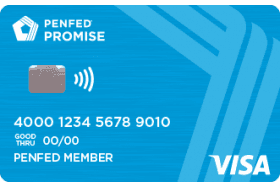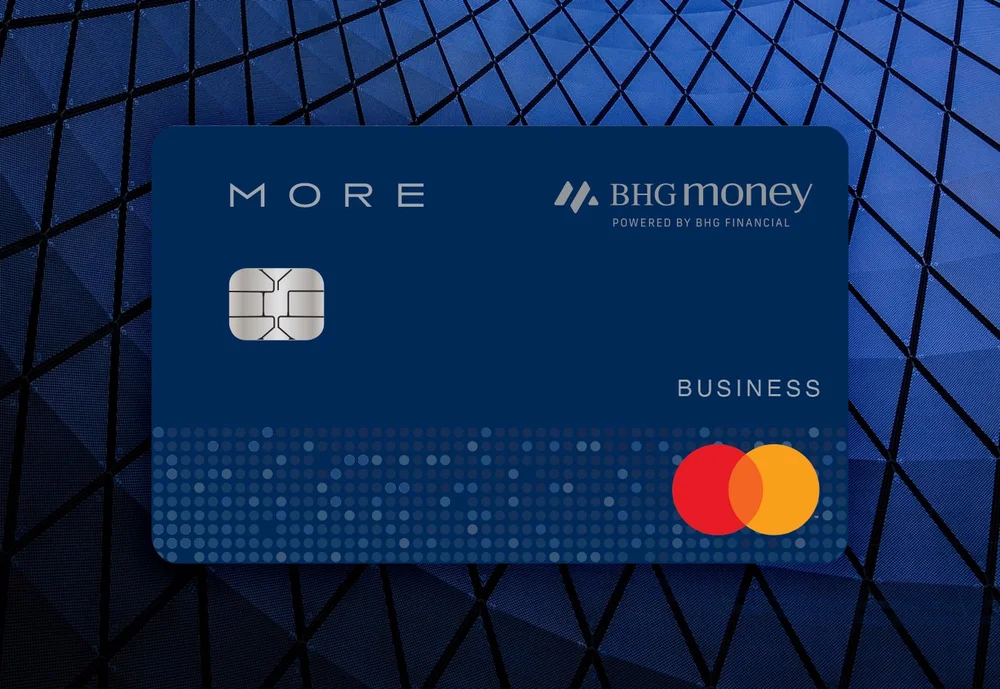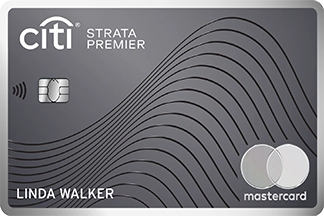- myFICO® Forums
- FICO Scoring and Other Credit Topics
- General Credit Topics
- Re: Question about a garnishment/judgment
- Subscribe to RSS Feed
- Mark Topic as New
- Mark Topic as Read
- Float this Topic for Current User
- Bookmark
- Subscribe
- Mute
- Printer Friendly Page
Question about a garnishment/judgment
Is your credit card giving you the perks you want?
Browse credit cards from a variety of issuers to see if there's a better card for you.
- Mark as New
- Bookmark
- Subscribe
- Mute
- Subscribe to RSS Feed
- Permalink
- Report Inappropriate Content
Question about a garnishment/judgment
I recieved a letter today from a small local credit union I have an account with that sent a notice of garnishment from my county's civil court. I am not sure what this for yet. But the letter stated that they had to send money from my account(it wasnt much they took, only like $30). I only have an account with this credit union because I had to open one in order to have my auto loan through them. So I barely keep any funds in this account.
My question is, and this is mainly because I would like to figure out what in the world this is from; how did they know I had an account with this credit union? Could it be because of my auto loan? Besides the funds in the accounts, I don't have any assets with the main banks I use(BoA and Chase)? Would they also be able to find out that I have accounts with BoA and Chase? And if so, how would they find out this info? I didn't think who you bank with was public knowledge. Any help would be appreciated.
- Mark as New
- Bookmark
- Subscribe
- Mute
- Subscribe to RSS Feed
- Permalink
- Report Inappropriate Content
Re: Question about a garnishment/judgment
I'm sure someone else will have more knowledge here, but as a precursor: Courts and the lenders who file cases within them are able to do what's called "debtor examinations" to easily identify and locate your bank, employment, etc. It's not very difficult these days for things to be located, however, as with any Personally Identifiable Information or banking information, there must be a valid reason to do so as well as courts approval. By chance did you have a judgement against you or fail to appear for a hearing in regards to a case?





- Mark as New
- Bookmark
- Subscribe
- Mute
- Subscribe to RSS Feed
- Permalink
- Report Inappropriate Content
Re: Question about a garnishment/judgment
The very first thing I would do is to go to the office of the clerk of the court that issued the garnishment order and review the file.
It will provide you both the specifics of the order, the parties involved, and the information on the judgment debt.
- Mark as New
- Bookmark
- Subscribe
- Mute
- Subscribe to RSS Feed
- Permalink
- Report Inappropriate Content
Re: Question about a garnishment/judgment
It was likely the loan and they probably asked.
The other way is if an account is reported to the IRS for interest or dividend earnings.
Chase gives 0.00% basically in their standard checking account, BOFA similar so there is nothing to report... fact is not even the IRS can find them; color me skeptical on there being all sorts of tracks available, there's federal laws with harsh penalties when it comes to protected information now.





















- Mark as New
- Bookmark
- Subscribe
- Mute
- Subscribe to RSS Feed
- Permalink
- Report Inappropriate Content
Re: Question about a garnishment/judgment
@Anonymous wrote:I recieved a letter today from a small local credit union I have an account with that sent a notice of garnishment from my county's civil court. I am not sure what this for yet. But the letter stated that they had to send money from my account(it wasnt much they took, only like $30). I only have an account with this credit union because I had to open one in order to have my auto loan through them. So I barely keep any funds in this account.
My question is, and this is mainly because I would like to figure out what in the world this is from; how did they know I had an account with this credit union? Could it be because of my auto loan? Besides the funds in the accounts, I don't have any assets with the main banks I use(BoA and Chase)? Would they also be able to find out that I have accounts with BoA and Chase? And if so, how would they find out this info? I didn't think who you bank with was public knowledge. Any help would be appreciated.
How can you possibly answer the question "how did they know I had an account with this credit union" if you don't know who the creditor is who has the judgment.
Maybe you disclosed it in a credit application.
Maybe you paid them with a check from the credit union.
Maybe they found out from some other creditor who has the information.































Total revolving limits 568220 (504020 reporting) FICO 8: EQ 689 TU 691 EX 682
- Mark as New
- Bookmark
- Subscribe
- Mute
- Subscribe to RSS Feed
- Permalink
- Report Inappropriate Content
Re: Question about a garnishment/judgment
So are you saying there’s no way for them to know my primary banks are chase and BoA since those accounts aren’t dividend paying and I don’t have any loans or anything with them?
- Mark as New
- Bookmark
- Subscribe
- Mute
- Subscribe to RSS Feed
- Permalink
- Report Inappropriate Content
Re: Question about a garnishment/judgment
If your name / SSN / Driver's License # is attached to anything, then trust in the fact that Uncle Sam (The Court and Law Enforcement) know anything, everything, and all they want to know about you or any account you've had in your lifetime and 10x above just that. It's easily and readily available.





- Mark as New
- Bookmark
- Subscribe
- Mute
- Subscribe to RSS Feed
- Permalink
- Report Inappropriate Content
Re: Question about a garnishment/judgment
Have you failed to pay something like Child Support or defaulted on a Loan, credit Card or left a rental and failed to pay?
Unless this is a case of mistaken identity or you and your father have the same name (Sr vs Jr) then I suspect you know who and what this is.
So your other accounts and your paycheck are next so I would go you to the county court house and get them to pull up the Judgement. I suspect the Bank/Credit Union can also provide you with a copy. Good Luck it sounds like some creditor has grown tired of waiting and gone to court!
- Mark as New
- Bookmark
- Subscribe
- Mute
- Subscribe to RSS Feed
- Permalink
- Report Inappropriate Content
Re: Question about a garnishment/judgment
@Revelate wrote:It was likely the loan and they probably asked.
The other way is if an account is reported to the IRS for interest or dividend earnings.
Chase gives 0.00% basically in their standard checking account, BOFA similar so there is nothing to report... fact is not even the IRS can find them; color me skeptical on there being all sorts of tracks available, there's federal laws with harsh penalties when it comes to protected information now.
Are EWS/Chex off-limits to collectors, then? I would have assumed that a CA would be able to pull them just like any other CRA...
EQ9:847 TU9:847 EX9:839
EQ5:797 TU4:807 EX2:813 - 2021-06-06